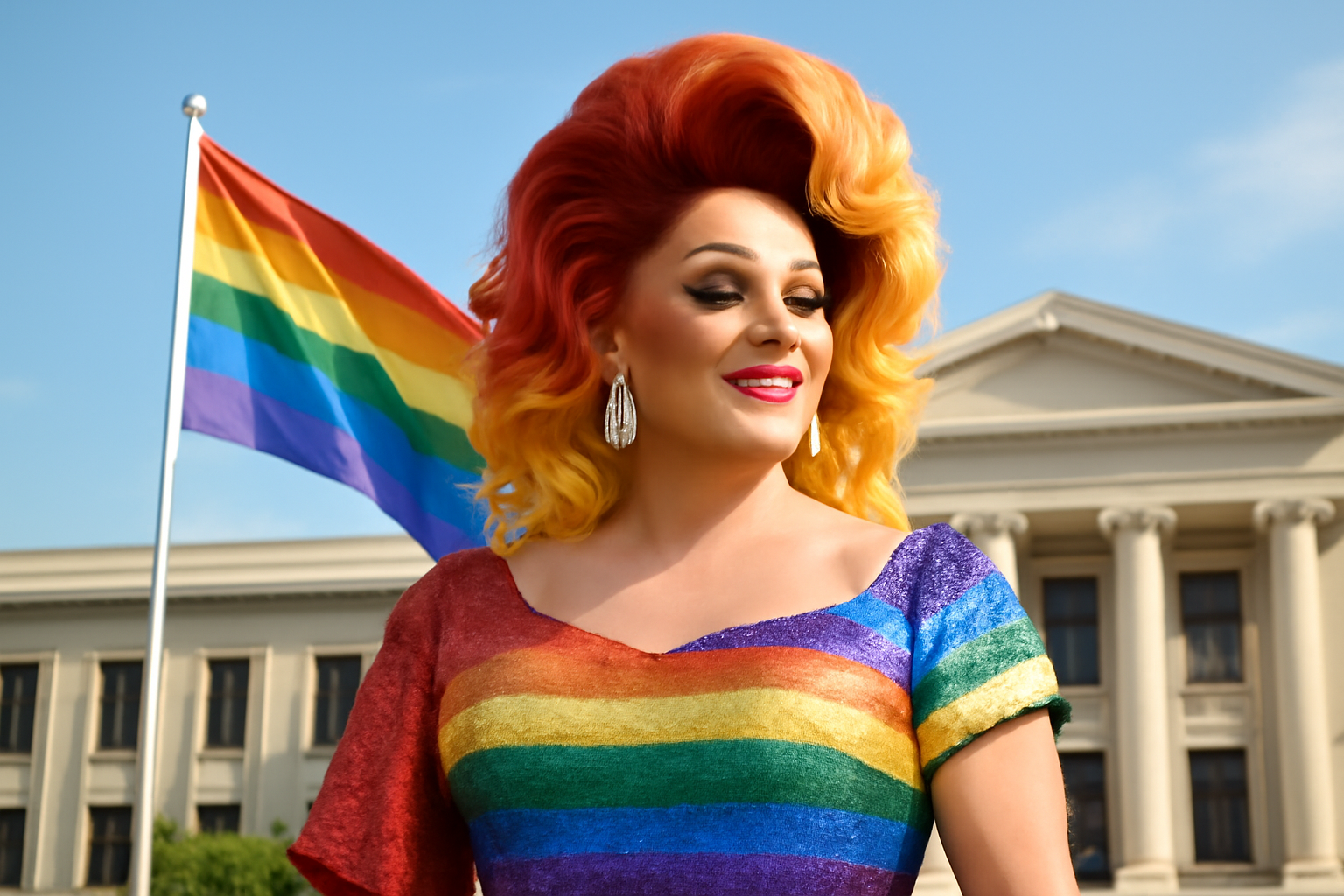
Introduction
A recent ruling by an appeals court has brought significant attention to Florida’s controversial legislation aimed at restricting drag performances. This development is seen by many as a pivotal moment in the ongoing debate over LGBTQ+ rights and freedom of expression in the state. As communities and legal experts continue to scrutinize this legislation, the recent decision has sparked discussions on its implications and potential future challenges.
The Appeal Court's Decision
The appeal court's latest ruling suggests that Florida’s drag ban may conflict with constitutional principles, specifically highlighting issues related to freedom of speech and expression. The court’s opinion indicates that the law, intended to regulate public performances by drag artists, might overreach by infringing on individuals’ rights under the First Amendment. This interpretation aligns with concerns raised by LGBTQ+ advocates and civil rights organizations since the law's inception.
Background of the Legislation
Florida’s drag ban was introduced as part of a broader legislative effort to regulate public performances deemed inappropriate or controversial by certain political groups. The law, which was enacted earlier this year, faced immediate backlash from LGBTQ+ communities and allies who argued that it unfairly targeted drag performers and venues that host such events.
Supporters of the legislation have claimed that it is necessary to protect children and uphold community standards. However, critics argue that these justifications are thinly veiled attempts to marginalize LGBTQ+ communities and suppress cultural expressions that do not conform to conservative norms.
Responses from the LGBTQ+ Community
The LGBTQ+ community has been vocal in its opposition to the drag ban from the outset. Many see it as part of a broader pattern of discriminatory practices aimed at curtailing their rights and visibility in public spaces. Advocacy groups have organized protests, awareness campaigns, and legal challenges to counteract the perceived injustices of the legislation.
Following the appeals court’s ruling, many community leaders expressed cautious optimism. "This decision is a step in the right direction," said a spokesperson for a prominent LGBTQ+ advocacy group. "It reaffirms our belief that the constitution protects our right to live and express ourselves authentically."
Potential Implications of the Ruling
While the appeals court's decision does not immediately overturn the law, it raises significant questions about its enforceability and future. Legal experts suggest that this ruling could pave the way for further court challenges that might eventually lead to the law being struck down. This would not only be a victory for drag performers but could also set a precedent for similar cases across the country.
Moreover, the ruling could influence public opinion by shedding light on the balance between community standards and individual freedoms. As more people become aware of the potential constitutional conflicts posed by the law, there may be increased pressure on lawmakers to reconsider their approach to such cultural issues.
Conclusion
The ongoing legal battle over Florida’s drag ban highlights the complex interplay between legislation and civil rights. As the case progresses, it serves as a reminder of the importance of vigilance and advocacy in protecting the freedoms of marginalized communities. The appeals court’s decision is a significant milestone, but it is just part of a larger journey toward achieving equality and justice for all.
In the coming months, all eyes will be on Florida as this case continues to unfold, potentially setting a critical legal precedent for LGBTQ+ rights across the United States. For now, the hope is that this ruling will inspire continued dialogue and action in support of freedom of expression and the rights of all individuals to be themselves, free from discrimination and prejudice.
As this story develops, it remains essential for communities and allies to stay informed and engaged. The outcome of this case could have lasting effects on how society navigates the complexities of cultural expression and legal protections in the years to come.
Related Posts
Triumphant Trans Woman Wins Legal Battle and Inspires Others to Stand Up for Their Rights
Breaking new ground: a landmark victory in transgender rights After battling in courtrooms and enduring endless challenges, Diana Portillo, a transgender woman, has secured a monumental victory in her decade-long fight against workplace discrimination. The result? Nearly $1 million awarded in a historic settlement. But this isn't just a win on paper—it represents a powerful precedent in combati [...]
Pride Month in Latin America: Protests and Demands for Equality
**Celebrating Pride and advocating LGBTQ+ rights in Latin America** Pride Month in Latin America was a lively mix where celebration met activism. Communities united, not just throwing a party but making a stand—demanding equality and pushing governments toward better protection and rights recognition. Throughout Latin America, pride events erupted in marches and cultural displays, each with a c [...]
Transgender Erasure Actions Implemented by National Park Service
```html Trump administration's impact on national park service and transgender recognition The Trump administration made notable moves in undermining transgender representation, which included directing agencies like National Park Service not include "T" and "Q" when they refered “LGBTQ” in any official communication. This move seems part a broader plan by this administration aimed at reducin [...]